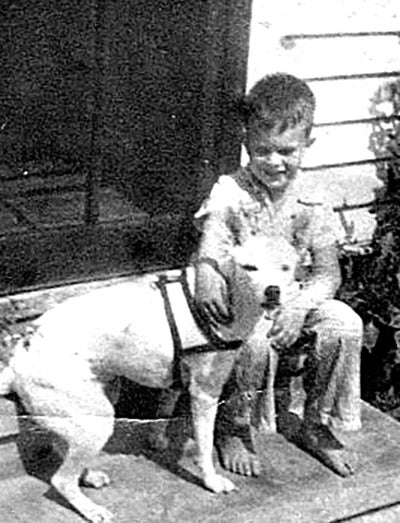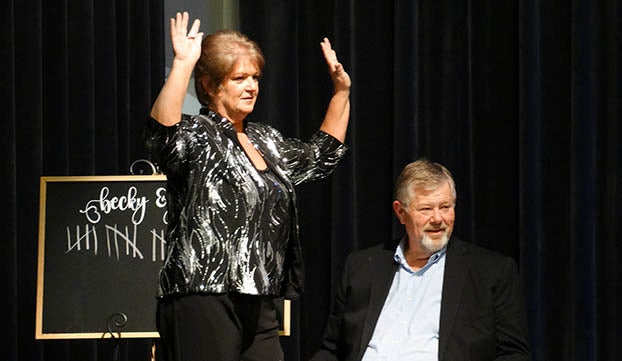And Now You Know: J. Eddie Johnson reflects on fifty years 1941-1991
Published 12:36 am Saturday, February 20, 2021

- And Now You Know
|
Getting your Trinity Audio player ready...
|
In 1991, for the 50th anniversary of the graduation of the Vidor High School Class of 1941, class member J. Eddie Johnson reflected on the events of their life since graduation.
Johnson was a retired teacher from West Orange High School and West Orange–Stark High School. He taught American History most of his career, which spanned over 30 years. He was a respected and loved teacher.
“We, who were a part of the Vidor High School classes of 1940, 41, and 42 can say we are a part of that generation of whom President Franklin D. Roosevelt so dramatically said, ‘This generation has a rendezvous with destiny.’
We are the first of the post war baby boomers born in the most part in the first half of the 1920s. We came to conscious life before the end of the ‘Roaring 20s’, that period of booze, bobbed hair, bathtub gin, Al Capone, and Lucky Lindy. It was the great era, politically conservative, but socially wild which promised for all Americans, ‘A chicken in every pot and a car in every garage.’”
Johnson wrote as his generation was ready to enter public schools, the depression of 1929 hit the economic system, “There is not one of us who could not tell of some difficult times, but by the Grace of God and the fortitude and hard work of our parents, we made it.”
He said the decade of the 40s brought World War II…. “Our generation had to take time out from our youthful dreams and ambitions and use some of our important years of young adulthood to try to put a stop to a world gone mad. This was not for a two, four, or six month tour as in the Persian Gulf Crisis, nor a one year tour as in Vietnam. It was two, three, four years at any point on the globe for as long as it took to get the job done.”
In the 1950s, they lived with the constant threat of nuclear holocaust. They found the courage to live from the values and beliefs handed down to them by their parents.
The turbulent 60s brought them the need to relearn and change old habits and prejudices.
“In the late 60s and 70s, we began to hear from our teenage and adult children we were too materialistic, based on our great desire to see our children had it better than we did. We heard our values were outdated ‘Get with it man’ was a common expression we often heard, we saw free love, freeloading, and undisciplined freedom.
In the 1980s, we began to see the fruits of such a way of life.”
Entering the decade of the 90s, Johnson reflected on the past.
“Do you realize we made it to adulthood without credit cards, ballpoint pens, and the Pill? Nor did we know anything about plastic, rayon, Dacron, and nylon. Our physician could not give us penicillin or polio shots. Our homes did not have air conditioning, TV, FM radio, clothes washers, dryers, electric blankets, or automatic dishwashers. How did we make it?
We also had some quaint ideas; you should get married first then have your babies. Closets were for keeping clothes in, not coming out of. Made in Japan meant junk and quality meant Made in USA. Pot was something you cooked peas in, and when we heard someone say, ‘aids’ we thought they were talking about fellow students that helped in the library or the principal’s office.”
In summing up Johnson said, “Our generation has nothing to be ashamed of, we can stand with our heads high and our shoulders square and look the younger generation in the eyes and say, ‘Because of the times and circumstances we have faced in the past we do have some wisdom, values, and knowledge we can share with you. We have paid our dues.”
Johnson and his classmates of those years were part of the “Greatest Generation”, a title they earned by the lives they lived and the accomplishments they made.
- Eddie Johnson and his wife Gladys touched many students lives in their careers in education. His as a teacher, hers as secretary to the principal in the West Orange-Cove School District.
Several years after retiring, they relocated to Marianna, Florida. Both are now deceased.
“And now you know.”






